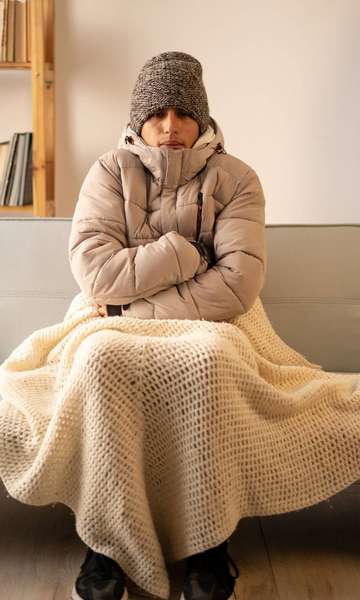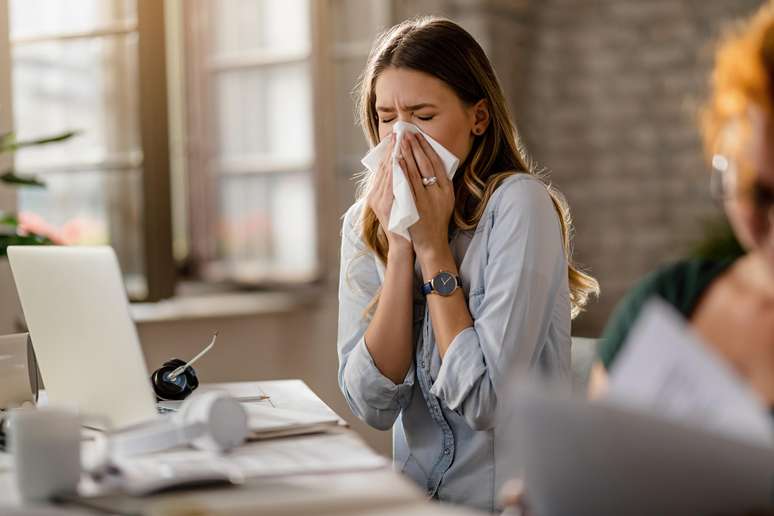Expert teaches you how to strengthen your natural defenses and face winter with more serenity
Winter begins today, June 20, at 5:51 pm. The arrival of the coldest season of the year can lead to an increase in the incidence of respiratory diseases, such as colds, flu, sinusitis and bronchitis. The cold, combined with prolonged stay in closed environments, creates a space conducive to the proliferation of viruses and bacteria.
In this scenario, it is crucial to take measures to strengthen the immune system, in order to prevent these diseases and maintain good health.
In an interview with Earth youthe pulmonologist of Health at homeMichelle Andreata explains which factors favor the incidence of these diseases and gives advice on how to strengthen the immune system during the coldest period of the year.
The expert says that cold, dry air can irritate the respiratory tract, making it easier for viruses and bacteria to enter. There is also a reduction in sun exposure, which reduces the production of vitamin D, an important modulator of the immune system.
To strengthen your immune system during winter, it is essential to maintain a balanced diet, rich in fruits, vegetables and greens, which are sources of essential vitamins and minerals.
“Regular exercise, adequate sleep and maintaining good hydration are also important. It is recommended to avoid smoking and excessive alcohol consumption, which can compromise immune function,” explains the specialist.
As for foods and supplements that can help improve immunity against respiratory diseases during this period, the doctor suggests eating foods rich in vitamin C, as well as sources of zinc, meat and legumes.
“Vitamin D supplements may be considered, especially in people with proven deficiency, as this vitamin plays an important role in the immune response. However, integration must be guided by a healthcare professional,” warns the professional.

7 tips to protect yourself from winter ailments
Best practices for preventing respiratory infections during the winter include the flu vaccine and, for those who are eligible, the pneumonia vaccine.
Other effective measures include frequent hand washing, avoiding crowds, keeping rooms well ventilated and wearing a mask in places with high concentrations of people.
“It is important to maintain good nasal hygiene with saline solution and avoid close contact with infected people. If you feel symptoms of a respiratory infection, it is worth seeking medical attention and following isolation guidelines to prevent the spread of disease,” concludes the specialist.
Source: Terra
Ben Stock is a lifestyle journalist and author at Gossipify. He writes about topics such as health, wellness, travel, food and home decor. He provides practical advice and inspiration to improve well-being, keeps readers up to date with latest lifestyle news and trends, known for his engaging writing style, in-depth analysis and unique perspectives.








